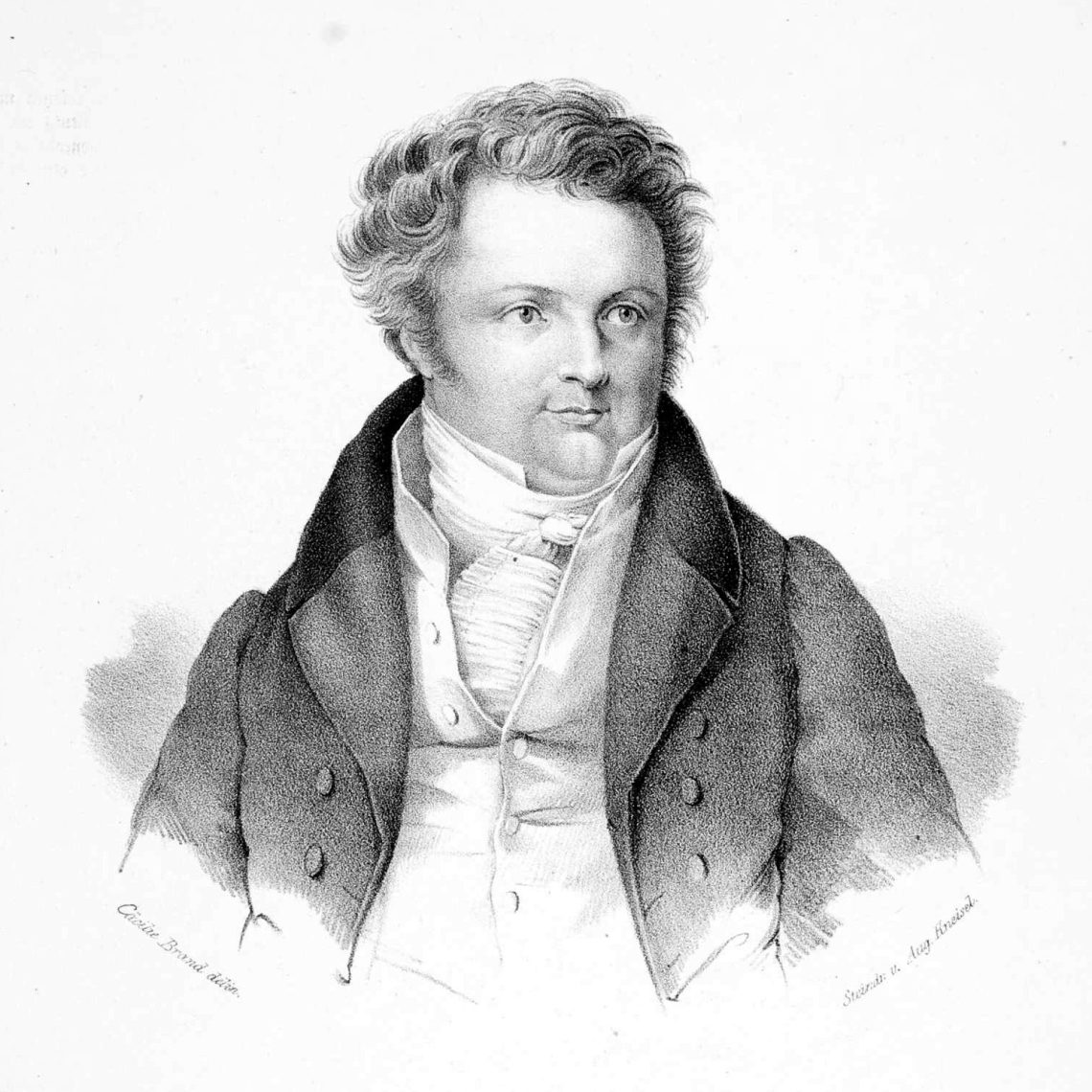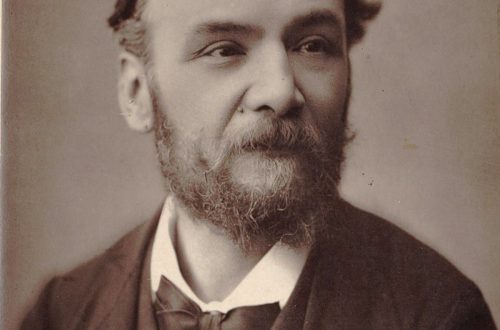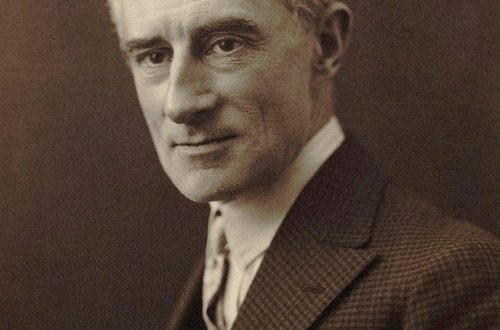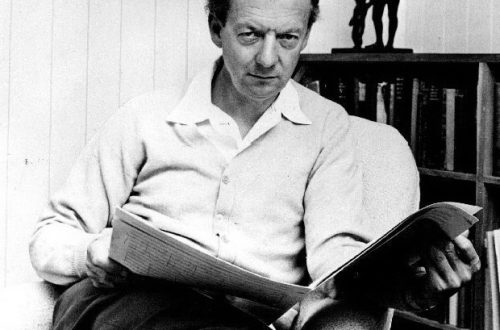
Heinrich Marschner |
Contents
Heinrich Marchner
Heinrich August Marschner (VIII 16, 1795, Zittau – December 14, 1861, Hannover) was a German composer and conductor. In 1811-16 he studied composition with I. G. Shikht. In 1827-31 he was a conductor in Leipzig. In 1831-59 he was court conductor in Hannover. As a conductor, he fought for the national independence of German music. In 1859 he retired with the rank of general music director.
The most prominent representative of the early stage of musical romanticism, one of the most popular German composers of his time, Marschner developed the traditions of K. M. Weber, was one of the predecessors of R. Wagner. Marschner’s operas are based primarily on medieval stories and folk tales, in which realistic episodes are intertwined with elements of fantasy. Close in form to the singspiel, they are distinguished by the harmony of musical dramaturgy, the desire to symphonize orchestral episodes, and the psychological interpretation of images. In a number of works, Marschner makes extensive use of folklore melodies.
The composer’s best operatic works include The Vampire (staged in 1828), The Templar and the Jewess (staged in 1829), Hans Geyling (staged in 1833). In addition to operas, during Marschner’s lifetime, his songs and male choirs gained wide popularity.
Compositions:
operas (date of production) — Saydar and Zulima (1818), Lucrezia (1826), The Falconer’s Bride (1830), Castle on Etne (1836), Bebu (1838), King Adolf of Nassau (1845), Austin (1852), Hjarne, the King Penia (1863); zingspili; ballet – Proud peasant woman (1810); for orchestra – 2 overtures; chamber instrumental ensembles, incl. 7 piano trios, 2 piano quartets, etc.; for piano, incl. 6 sonatas; music for dramatic performances.
MM Yakovlev
Heinrich Marschner followed mainly the path of the romantic works of Weber. The operas The Vampire (1828), The Knight and the Jewess (based on the novel Ivanhoe by Walter Scott, 1829), and Hans Heiling (1833) showed the composer’s bright musical and dramatic talent. With some features of his musical language, in particular the use of chromatisms, Marschner anticipated Wagner. However, even his most significant operas are characterized by epigone features, exaggerated theatrical showiness, and stylistic diversity. Having strengthened the fantastic elements of Weber’s creativity, he lost the organic connection with folk art, ideological significance, and the power of feeling.
V. Konen





